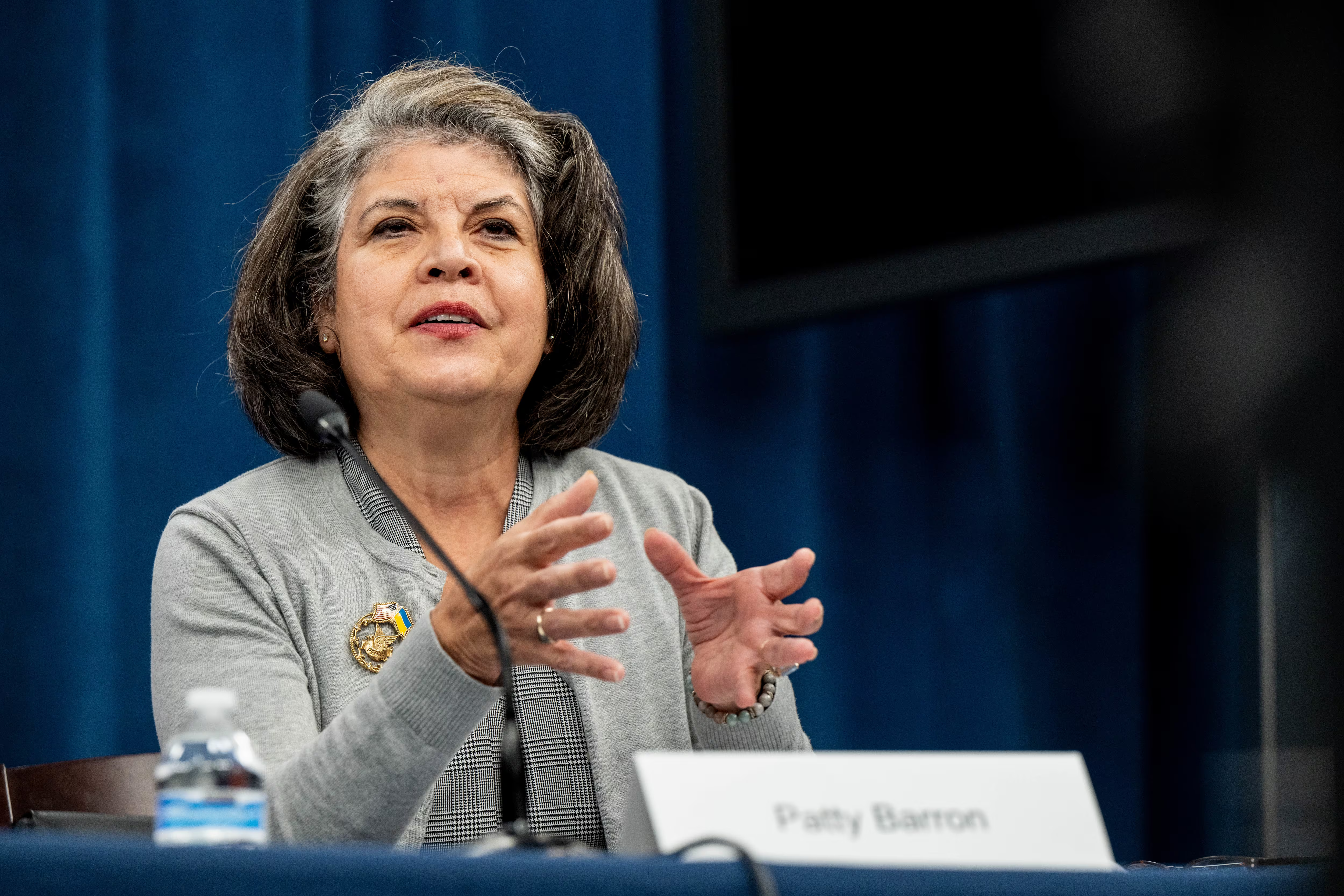The incoming chief of the National Guard Bureau's incoming chief warned senators this week about called the department’s current end strength, calling it "high risk" and suggesting that said expected cuts in coming years could present significant even more challenges to national security challenges.
Lt. Gen Joseph Lengyel, who currently serves as vice chief of the National Guard's vice chief Bureau, told members of the Senate Armed Services Committee on Tuesday that the current 342,000 Army National Guard members and the 105,500 Air National Guard personnel are is barely enough to cover the potential demand on the force.
At any time, about 4,000 of them are mobilized. Since 2001, guardsmen have mobilized more than 780,000 times in support of the wars overseas, not including other foreign contingency demands.
"As you aggregate the threats, it becomes difficult to fight Korea, fight Russian and fight counter-terrorism," he said. "The risk is high."
And that risk will only rise in coming years, he said, if budget caps on defense spending push down the numbers even further.
"Sequestration would devastate the ability to generate forces and maintain readiness across the force," he said.
Earlier this year, House lawmakers passed a plan to grow the Army boost Guard end strength next year to 350,000 soldiers, in opposition to the White House plan to cut it drop the Army National Guard down to 335,000 in fiscal 2017.
But funding for those extra troops was provided only for one year, and Senate backers supporters were unnot able to build support for a similar boost in their annual authorization bill draft.
Even without the extra troops, Lengyel said he sees growing opportunities in coming years to help the active-duty force with a variety of security responsibilities, including cyber security missions and logistics support roles.
"On the Air Force side, I would tell you that we are embedded routinely, regularly deployed," he said. "On the Army, the last 15 years of fighting wars has [made] the Army National Guard a very capable force that I believe has excess capacity to provide more regular and routine deployments."
But doing that may require changes in Guard mobilization rules.
Current law requires a waiver for any mobilization assignment over 1,095 days. Lengyel said for some assignments — including drone pilots and intelligence missions — that limit has caused grief for Guard planners.
He told senators that if he is confirmed in his new role, he'll lobby lawmakers for new rules covering those missions.
That confirmation could come in the next three weeks. Lawmakers on the committee expressed unofficial support for Lengyel to take over the role as soon as possible, and are hoping for a full Senate vote on his confirmation before Congress breaks for the summer on July 15.
Leo Shane III covers Congress, Veterans Affairs and the White House for Military Times. He can be reached at lshane@militarytimes.com.
Leo covers Congress, Veterans Affairs and the White House for Military Times. He has covered Washington, D.C. since 2004, focusing on military personnel and veterans policies. His work has earned numerous honors, including a 2009 Polk award, a 2010 National Headliner Award, the IAVA Leadership in Journalism award and the VFW News Media award.





